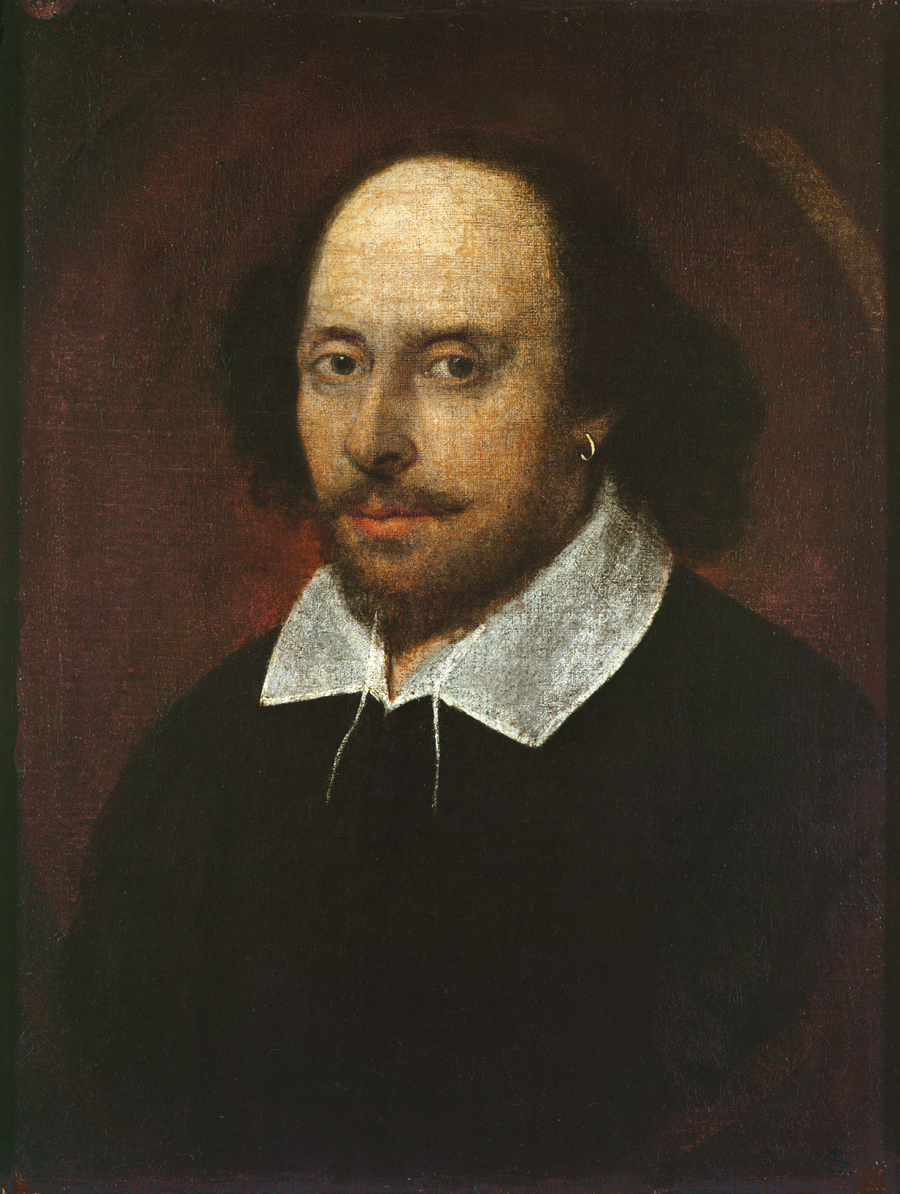Macbeth is a five-act tragedy by the English dramatist William Shakespeare. It was probably written in 1606 and first performed at the Globe Theatre, London, in the same year, possibly in front of King James I. The text was not published until 1623. Some critics have suggested that parts of the play are by another English dramatist, Thomas Middleton (1580-1627).

The play is partly historical. Its chief source is the Chronicles of England, Scotland, and Ireland by the English historian Raphael Holinshed. It recounts the reign of Macbeth, who ruled as king of Scotland from about 1040 to 1057. Despite its historical basis, however, the play is one of Shakespeare’s great tragedies, rather than a history play.
The play is set in Scotland. Returning from battle with his companion Banquo, the nobleman Macbeth meets a group of witches. They predict that Macbeth will first become thane (baron) of Cawdor and then king of Scotland. They also prophesy that Banquo will be the ancestor of kings, though he will not be king himself. King Duncan unexpectedly appoints Macbeth Thane of Cawdor, and so the first part of the prophecy quickly comes true. Macbeth begins to think the second part may also come to pass. Urged on by Lady Macbeth, his wife, Macbeth murders King Duncan, who has arrived as a guest in his castle. But Duncan’s sons, Malcolm and Donalbain, escape. Macbeth then seizes the throne of Scotland.
Loading the player...Macbeth by William Shakespeare
But Macbeth has no peace. Malcolm reaches England, where he seeks support against Macbeth. In a bid to prevent Banquo’s descendants from becoming kings according to the witches’ prophecy, Macbeth arranges for him to be murdered, along with his son Fleance. Macbeth’s men kill Banquo, but Fleance escapes. Haunted by Banquo’s ghost, Macbeth seeks counsel from the witches. They tell him to beware of Macduff, another Scottish nobleman. They also reassure Macbeth that no man “of woman born” can kill him and that he will never be defeated “until / Great Birnam Wood to high Dunsinane Hill / Shall come against him.”
Macbeth is now hardened to killing. Learning that Macduff has joined Malcolm in a rebellion aided by the English, he orders the murder of Macduff’s wife and children. By contrast, Lady Macbeth, who had encouraged her husband to embark upon his path of slaughter, goes mad with guilt and dies.
Macduff’s army attacks Macbeth’s forces. Macduff’s men pass through Birnam Wood, each man cutting a bough to hold before him as camouflage. Under these “leavy screens,” Macduff’s troops march on Dunsinane. Macduff meets Macbeth in single combat and fulfills the last part of the witches’ predictions when Macduff tells Macbeth that he “was from his mother’s womb / Untimely ripped,” and therefore not “of woman born.” Macduff kills Macbeth. Malcolm, Duncan’s son, is then proclaimed king of Scotland.
In Macbeth, Shakespeare wrote a tragedy of conscience. During the course of the play, Macbeth changes from a person of strong but imperfect moral sense to a man who will stop at nothing to get and keep what he wants. By the play’s end, Macbeth has lost all emotion. He cannot even react to his wife’s death, except to conclude that life is only “a tale / Told by an idiot, full of sound and fury, / Signifying nothing.” On the other hand, Lady Macbeth encourages murder in the beginning. But her conscience grows as her husband’s lessens. In addition to its psychological insights, Macbeth has many passages of great poetry. The play is also noted for its bitter humor, which reinforces the tragic action.
